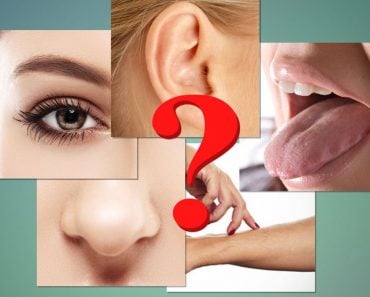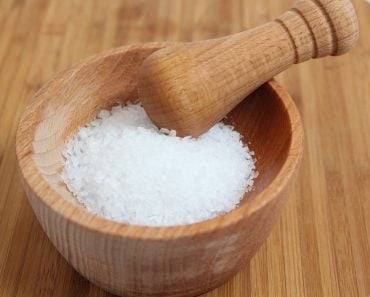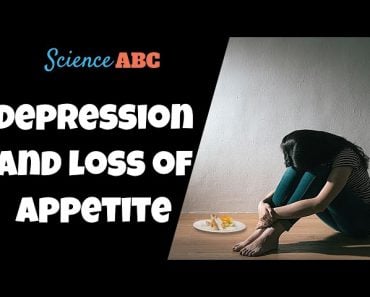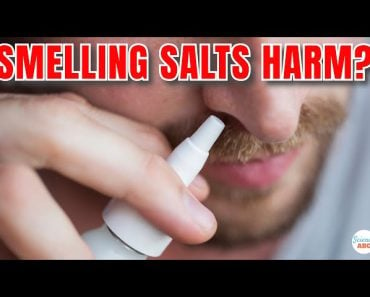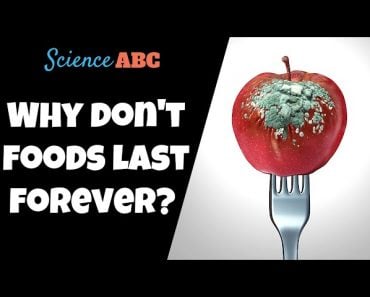Table of Contents (click to expand)
Common cold affects realization of food flavor not the taste of food. Flavor perception requires both taste and smell perception. Therefore, a blocked nose affects flavor of food since the sense of smell is impaired.
All of us know that annoying feeling when your nose turns into a faucet, the sneezes never cease, and you feel like your head could roll off your body at any moment. All those signs point to one truth…. you have a cold! Many people feel that relief will come in the form of warm beverages, soup, and bedrest, but colds dig a bit further into your misery and even make your food taste like nothing!
Understandably, you won’t be able to smell things due to all the mucus in your nose, but why does a cold steal away your sense of taste too? The answer to that question lies in knowing how our senses of smell and taste are closely interlinked. However, let’s first begin by identifying how we taste anything at all.
Recommended Video for you:
The Anatomy Of Taste
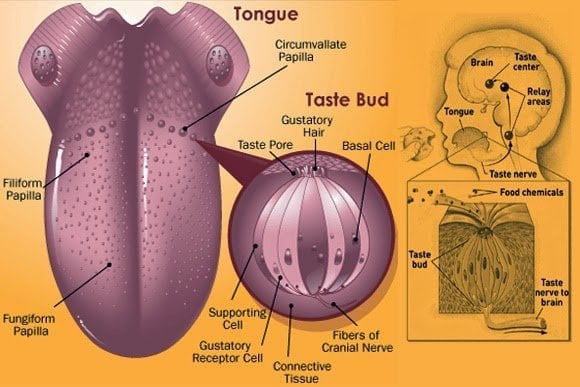
Our sense of taste is derived from the interaction of stimuli (such as food) with the sensory receptors in our mouth and throat. Within the mouth, the tongue and the palate (the roof of the mouth) are responsible for tasting most of that delicious pepperoni pizza you ordered.
If you closely observe your tongue, you will see that it is not smooth, but rather rough and bumpy. These tiny protuberances on your tongue are called papillae, which is where your taste buds reside. Our taste buds can contain as little as a single taste receptor or as many as 50 to 150 receptor cells.
When you put food on your tongue, the molecules in the food bind to and thereby stimulate the gustatory (taste) receptors. There are different receptors for different types of tastes that we associate with the five common tastes: sweetness, sourness, bitterness, saltiness, and umami (although there is recent research to identify taste receptors that also detect fattiness).
Receptors that detect sweetness, for example, will get activated when glucose, or some other similar carbohydrate, like fructose or sucrose, binds to it. Receptors that sense saltiness respond to the ions in salt: sodium and chloride ions. In this way, the millions of sensory receptors in the mouth create a taste profile of that topping-packed slice.
These taste receptors are connected to neurons that carry the taste of our hypothetical pepperoni pizza to the brain through one of three cranial nerves—the facial nerves VII, the vagus nerve, and the glossopharyngeal nerve. This information finally reaches the gustatory cortex in the frontal lobe of the brain. Here the brain deciphers that what you ate was a pepperoni pizza.
Smell Affects The Taste And Flavor Of Food
However, this is only the taste of food, not its flavor. What we colloquially considered “taste” is actually the flavor of food. During a cold, it is the perception of flavor that is compromised.
This connection is called the retronasal passage.
Consider our pepperoni pizza.
Before you take a bite, the familiar waft of bread, cheese and meat tingle the olfactory receptors in the nose. Even as you chew the pizza, molecules travel up the nasal cavity, further stimulating them, called retronasal olfaction. The information from the olfactory receptors in the nose reaches the olfactory lobes in the brain. The texture and temperature of the pizza, the so-called “mouth feel” is also registered.

All this information gets integrated to provide the “flavor” of the pizza. This integration occurs in a part of the brain lying just above the eye socket—the orbitofrontal cortex. This is why hot tea tastes fantastic, but the moment it’s cold, it just doesn’t provide the same pleasure!
So, Why Do We Lose The Sense Of Taste During A Cold?
During a cold, mucus blocks the passage to the nasal cavity, preventing odor molecules from interacting with olfactory receptors in the nose. Without the sense of smell, the flavor profile of the food is incomplete.
That’s why food tastes “off” or “wrong” without our sense of smell.
One can have a total loss of smell—medically called anosmia—or a partial loss of smell, referred to as hyposmia. It can take a while for the sense of smell to come back after a cold or any viral infection in the upper respiratory tract, a condition called “postviral olfactory dysfunction”. In a few rare cases, the loss of smell can be permanent.
Certain medication taken during colds can also cause a loss of smell. In 2009, the FDA warned against zinc products applied to the nose, as they induced a loss of smell.
We don’t know what we’ve lost until we’ve lost it. This is certainly true for smell. We rarely consider the importance of smell in our everyday life, but it makes our food come to life, and provides some of the simplest—and most readily missed—sensory experiences.
References (click to expand)
- Nelson, G. M. (1998, June). Biology of taste buds and the clinical problem of taste loss. The Anatomical Record. Wiley.
- SMALL, D. M., BENDER, G., VELDHUIZEN, M. G., RUDENGA, K., NACHTIGAL, D., & FELSTED, J. (2007, September 10). The Role of the Human Orbitofrontal Cortex in Taste and Flavor Processing. Annals of the New York Academy of Sciences. Wiley.
- How does our sense of taste work? - InformedHealth.org - NCBI. The National Center for Biotechnology Information




